Publications
Articles, publications, books, tools and multimedia features from the U.S. Institute of Peace provide the latest news, analysis, research findings, practitioner guides and reports, all related to the conflict zones and issues that are at the center of the Institute’s work to prevent and reduce violent conflict.
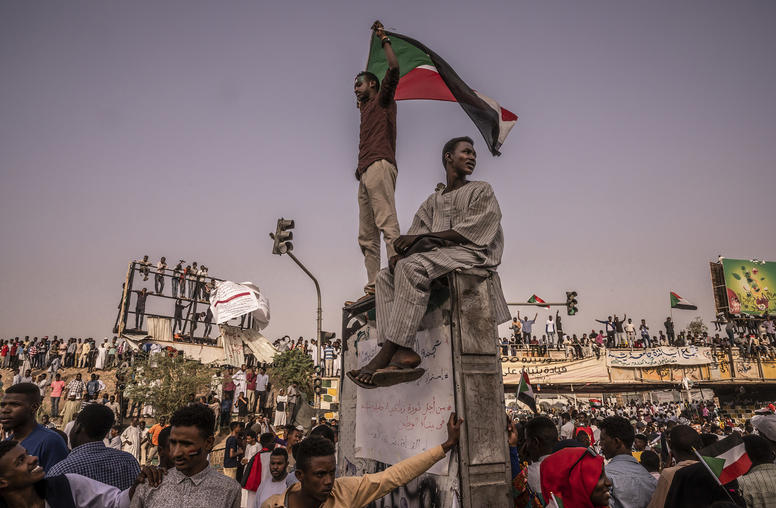
What Happens When Sudan is Removed from the U.S. Terror List?
Its been nearly a year since Sudan’s longtime dictator, Omar al-Bashir, was ousted from power. As the country moves to transition to democracy, its civilian government and Sudanese civil society have called on the U.S. government to remove Khartoum from the State Sponsors of Terrorism (SST) list. The Sentry’s Hillary Mossberg and John Prendergast recently argued that although delist-ing is an important for Sudan’s transition, it is just one of multiple steps needed—from both the U.S. and Sudan—in order for pro-democracy forces to achieve their goals. Mossberg and Prender-gast explain what the actual impact of delisting would be and what Sudan’s government can do to get there.
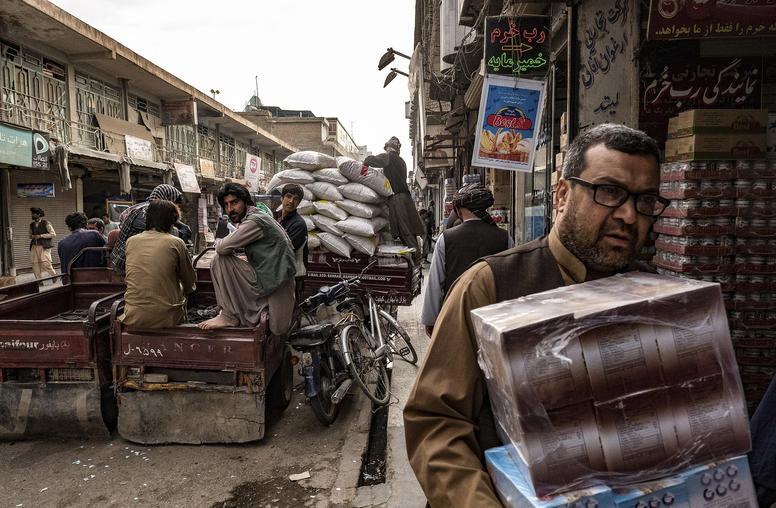
Will Rising U.S.-Iran Tensions Spark Afghan Proxy War?
Rising tensions between the United States and Iran—illustrated and exacerbated by the January 3 assassination of Iranian General Qassem Soleimani—are rippling out beyond the Middle East. Now, American officials are voicing growing concern about Iranian activities in Afghanistan. In recent weeks, Secretary of State Mike Pompeo said that Iran is supporting militant groups in the country and seeking to undermine the peace process between the U.S. and the Taliban. A top U.S. general for the region, meanwhile, warned that Iranian actions in Afghanistan pose a risk to the approximately 14,000 American troops deployed there.
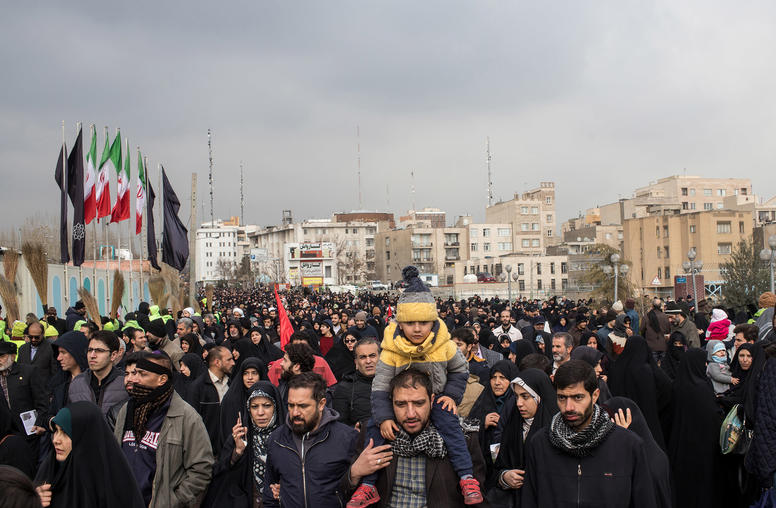
Iran’s Parliamentary Polls: Hardliners on the Rise, Reformists Ruled Out
Iranians head to the polls on February 21 to elect their next parliament. Following the violent suppression of protests in November and the accidental shooting down of a Ukrainian passenger plane in January, many are deeply disillusioned with Iran’s political system. Most reformist candidates have been barred from competing in the election, leaving voters with virtually no alternative to hardliners. The elections come as U.S.-Iran tensions are simmering after the killing of Iranian General Qassem Soleimani and as the country’s economy is foundering. USIP’S Garrett Nada looks at what issues are on the top of voters’ minds and how foreign policy will factor into the vote.
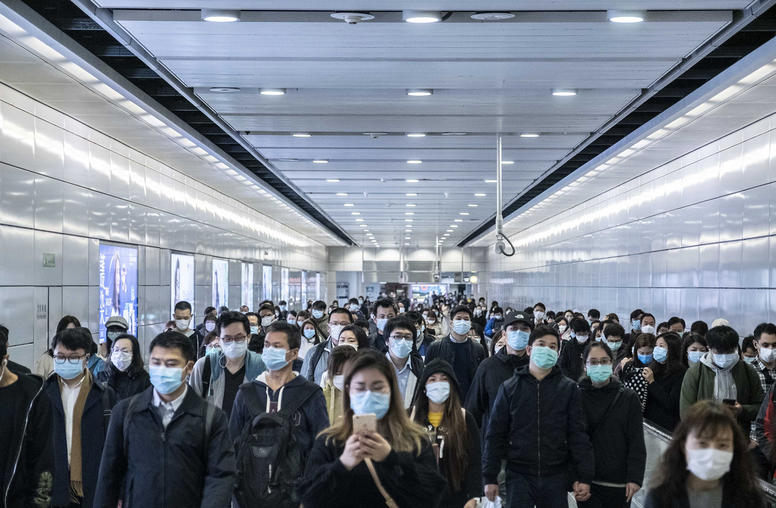
How the Coronavirus Impacts China and its Foreign Policy
China hit a grim landmark earlier this week when the death toll from the coronavirus outbreak surpassed 1,000 with over 40,000 recorded cases of infection—and those numbers are rising every day. The outbreak, which originated in Wuhan, China, has rattled global markets and catalyzed concern over a widespread epidemic beyond China’s borders. The suffering has been immense, and people in China and those with family or friends there are frightened about what’s next. Meanwhile, there are shortages of masks and supplies and hospitals are overrun, with rising anxiety due to travel restrictions and quarantine policies.
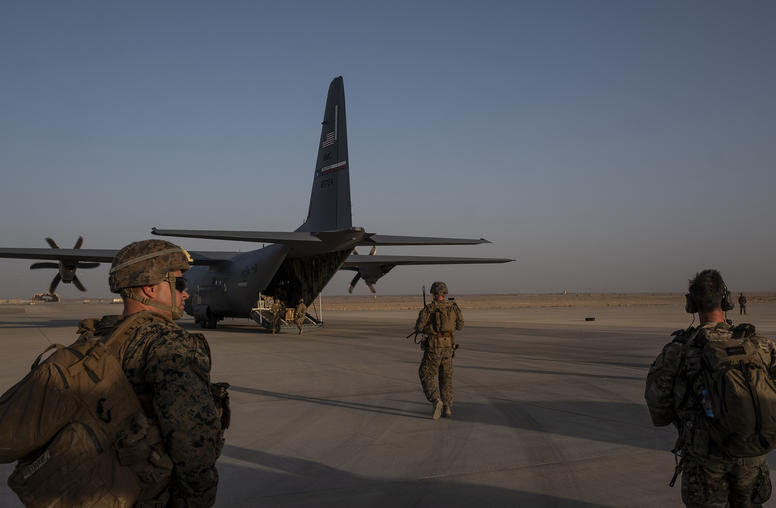
U.S.-Taliban Deal: The Beginning of the End of America’s Longest War?
American officials announced on Friday that the United States and the Taliban agreed to a seven-day “reduction of violence” that, if adhered to, would be followed by a signed agreement. The deal would pave the way for intra-Afghan talks and a phased withdrawal of U.S. troops. USIP’s Scott Smith examines the U.S.-Taliban deal and what comes next.
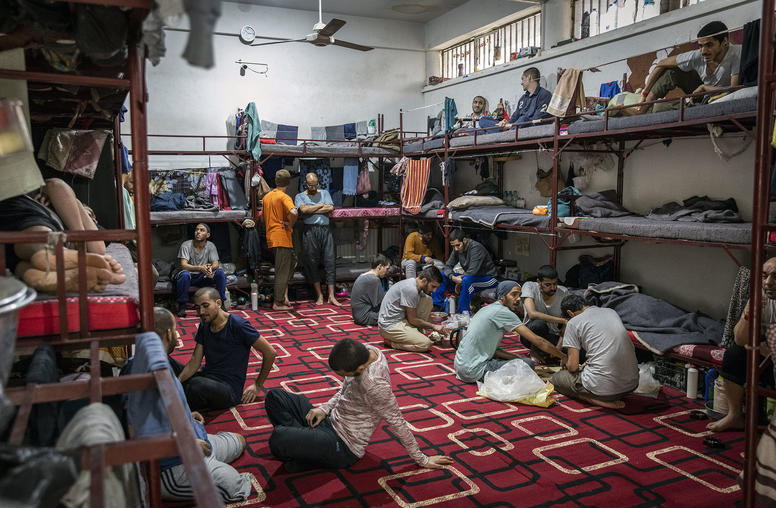
A Sustainable Approach for Disengaging Violent Extremists
Governments and communities worldwide are facing the increasingly daunting challenge of what to do when citizens who participated in violent extremist conflicts return home. With ISIS’s territorial caliphate extinguished, more than 100 countries could face the task of not only having to reintegrate their citizens, but also preparing their communities for a future with them living next door. This is a society-wide challenge that will engage a cross-cutting spectrum of stakeholders deploying a range of peacebuilding and other tools to build communities and individuals who are more resilient to violent extremism.
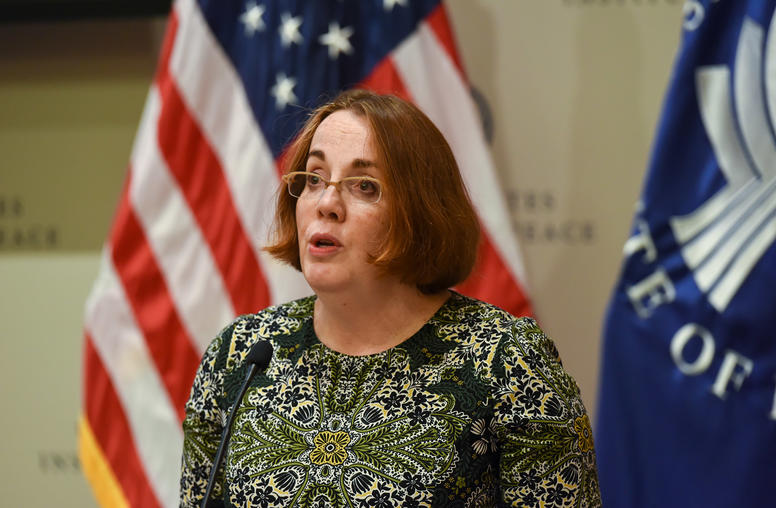
U.S.-Taliban Deal is a “Massive Opportunity,” Says U.S. Negotiator
After a year and a half of negotiations, the U.S. and Taliban have reached an interim agreement to reduce violence for a period of seven days. If that agreement holds, the two sides will formalize a pact that would lead to intra-Afghan negotiations and a phased U.S. troop withdrawal. Although the reduction in violence is an important achievement, it is but one step on a long, rocky road to peace, noted current and former senior U.S. officials on February 18 at the U.S. Institute of Peace.
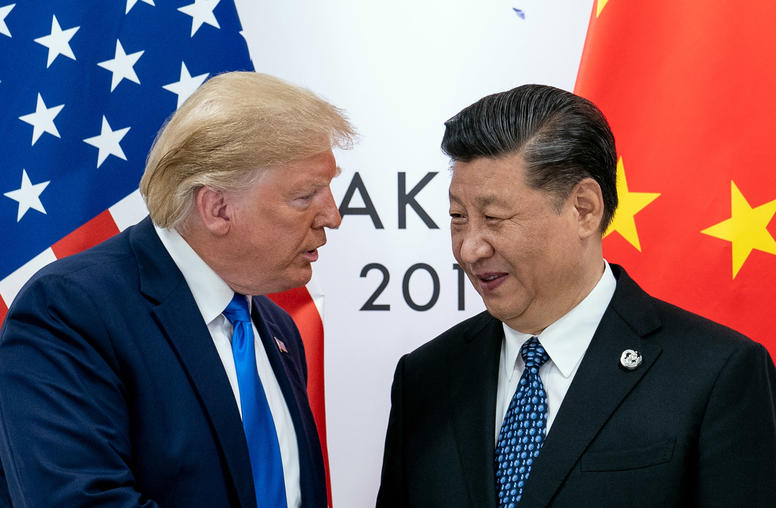
Who Cares if the U.S. is in a ‘New Cold War’ with China?
Enough already. It is time to stop debating whether the United States stands at the threshold of a “new Cold War” with China. The question has become an obsession among China watchers and foreign policy analysts. But the debate’s poorly defined nature sheds little light on the excruciating choices policymakers face when dealing with Beijing.
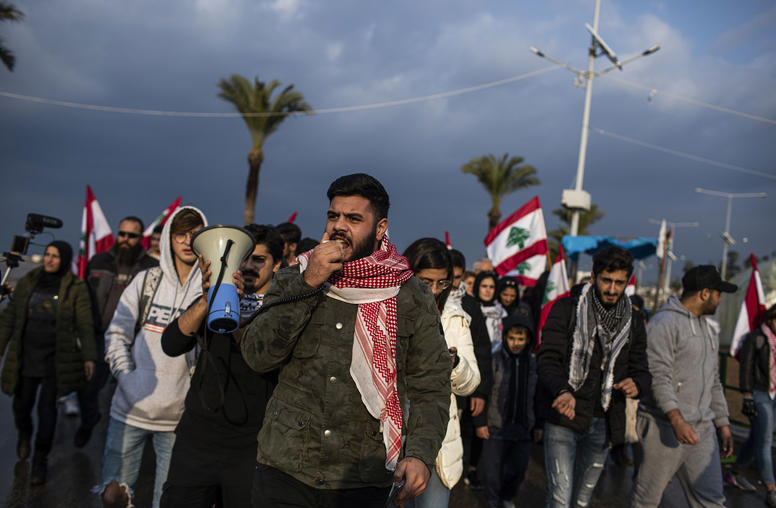
Lebanon’s Protests Take a Troubling Turn During Dire Financial Crisis
Coinciding with Lebanon’s worst financial crisis in decades, popular protests in the country have been ongoing for more than four months. The protests were initially sparked by a government tax on the popular WhatsApp messaging service. They quickly evolved into Lebanon’s largest, sustained peaceful protest movement. The demonstrations were notable for being geographically diverse and starkly anti-sectarian. Women and youth have played outsized roles in the protests, which emphasized a focus on civic engagement. Recently, however, the protests have taken a troubling turn, with episodic clashes between protesters and security forces.
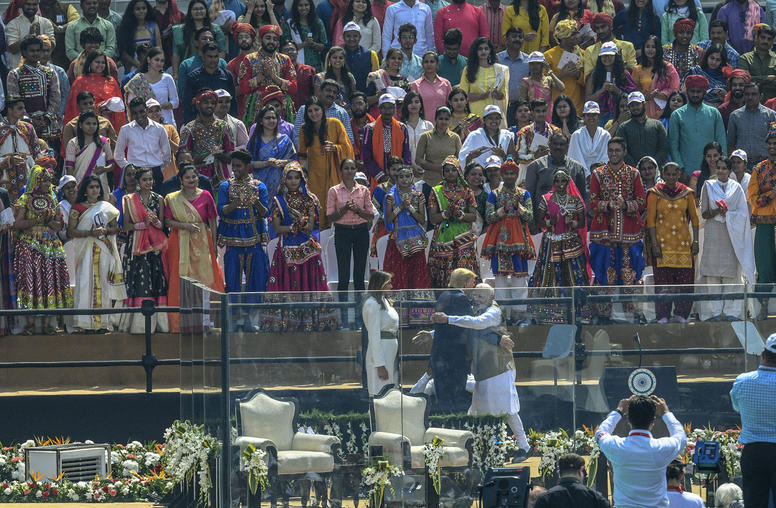
Four Things to Know About President Trump’s Trip to India
President Trump’s recent trip to India yielded no progress on a bilateral trade agreement, one of the main issues both leaders hoped to address. Despite the trade impasse, both President Trump and Indian Prime Minister Narenda Modi used the two-day trip to reinforce the positive relationship between the U.S. and India, as official discussions finalized several defense and energy deals. USIP’s Vikram Singh looks at the state of trade talks, the possibility of U.S. mediation in Kashmir, India’s regional stance on the Afghan peace process, and how China’s growing global influence impacts U.S.-India relations.